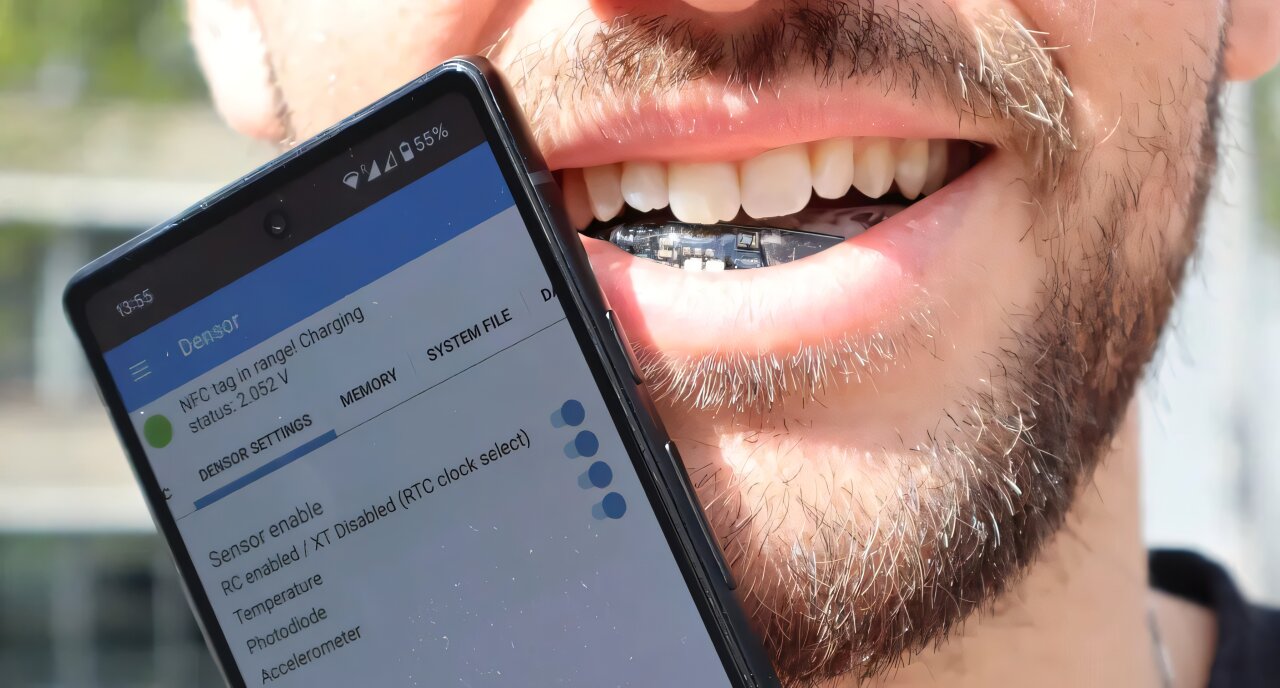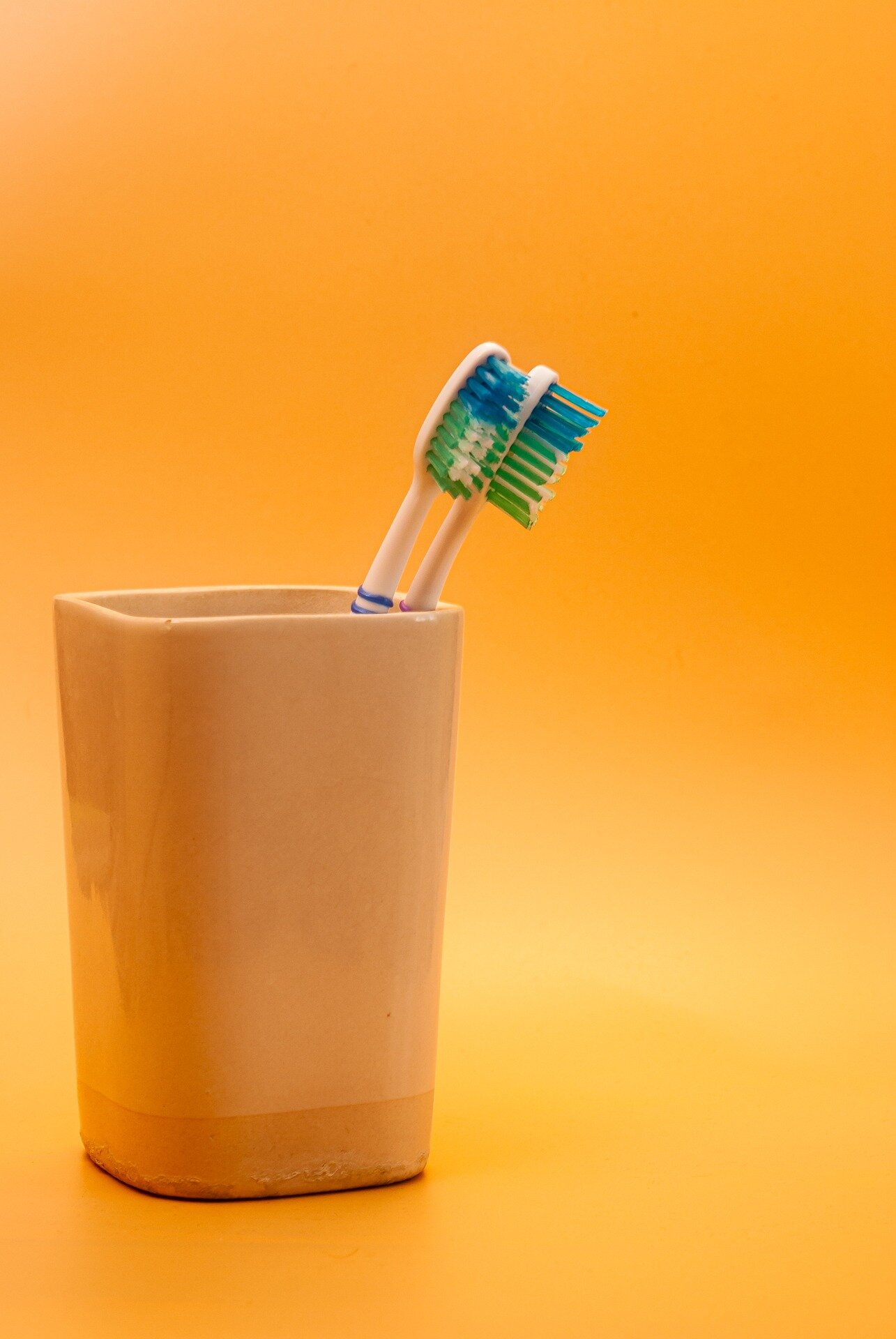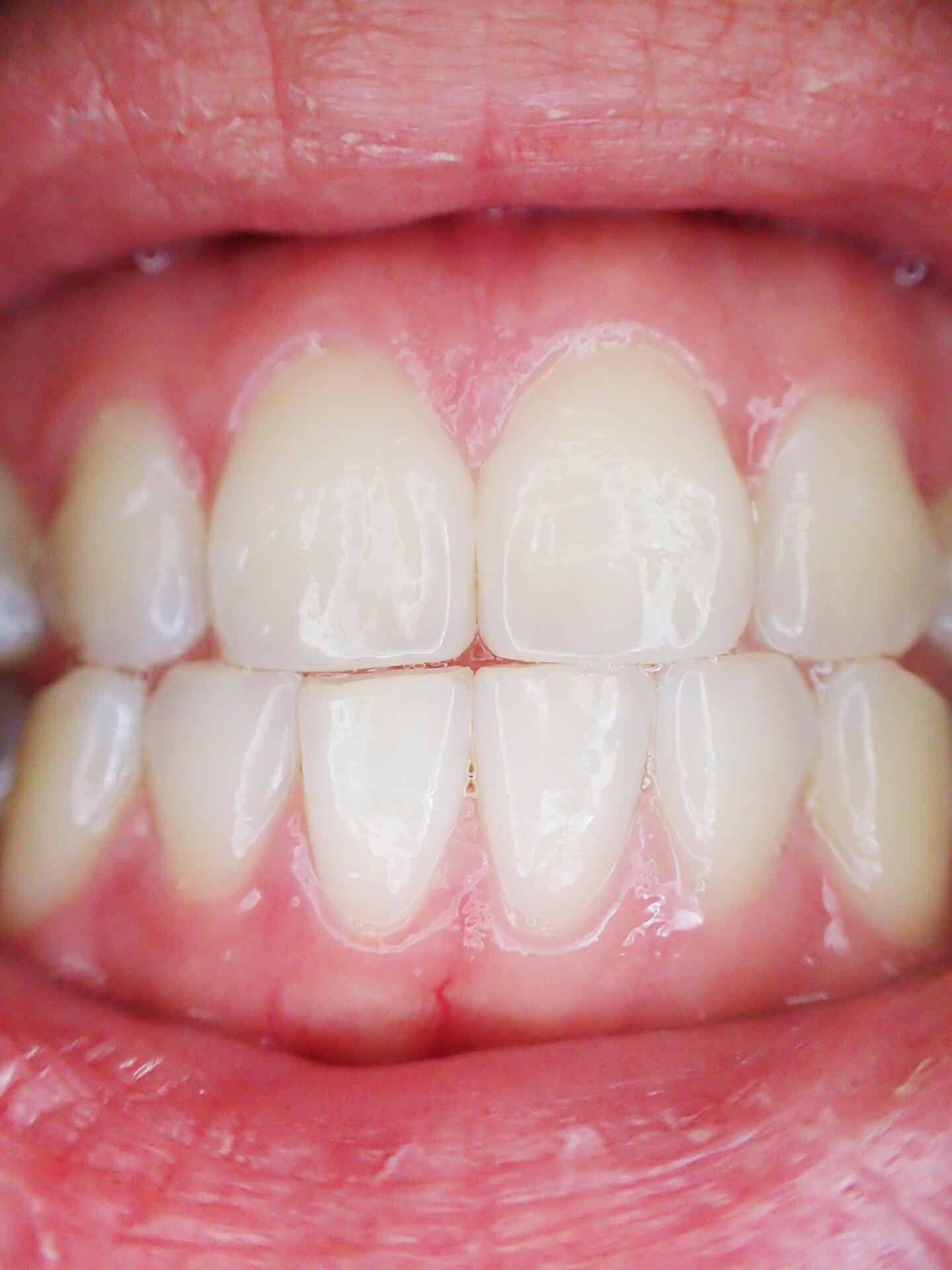
The human mouth holds a wealth of information about overall health. From body temperature to head and jaw movements during sleep, this data can be essential for understanding health conditions and dental issues. However, collecting such data is often cumbersome and uncomfortable.
Researchers from TU Delft, in collaboration with Radboudumc, have developed a new technology: Densor, a battery-free sensor platform that can be worn in the mouth via a standard dental brace or a “bite splint.”
This innovative open-source technology enables safe and user-friendly long-term oral measurements. Uniquely, it requires no additional hardware—just a smartphone for charging and data reading. The user study was published in Proceedings of the ACM on Interactive, Mobile, Wearable and Ubiquitous Technologies.
“Densor is more than just a technological innovation; it is a step toward accessible and inclusive health monitoring. By making the design open source—both hardware and software—we aim to enable experts in fields such as dentistry and sleep research worldwide to apply this technology in a variety of ways,” says Przemysław Pawełczak, associate professor of Embedded Systems at TU Delft.
Versatile applications and new insights
The technology has the potential to support a wide range of applications, including sleep research, diagnosis of apnea and dental wear, and monitoring treatment adherence. Densor not only allows for precise measurement of jaw and head movements but also differentiates between speaking, swallowing, and drinking. This makes it more accurate and user-friendly than traditional methods, such as ear-worn accelerometers.
“The ability to collect real-time, long-term data in the mouth with a user-friendly device is truly innovative. It opens doors to new preventive and diagnostic possibilities in areas such as nutrition, dental wear, or acid reflux issues,” comments Bas Loomans, Dentist and Professor of Oral Function and Restorative Dentistry at Radboudumc.
The researchers are currently working on expanding the platform with additional sensors and integrated data processing, unlocking even more possibilities. Future developments include detecting acid reflux and monitoring saliva production. The team is also focusing on enabling faster and more extended measurements, making the platform applicable across various disciplines.
More information:
Vivian Dsouza et al, Densor: An Intraoral Battery-Free Sensing Platform, Proceedings of the ACM on Interactive, Mobile, Wearable and Ubiquitous Technologies (2024). DOI: 10.1145/3699746
Citation:
Battery-free dental brace reveals crucial health data via smartphone (2024, November 27)
retrieved 27 November 2024
from https://medicalxpress.com/news/2024-11-battery-free-dental-brace-reveals.html
This document is subject to copyright. Apart from any fair dealing for the purpose of private study or research, no
part may be reproduced without the written permission. The content is provided for information purposes only.




